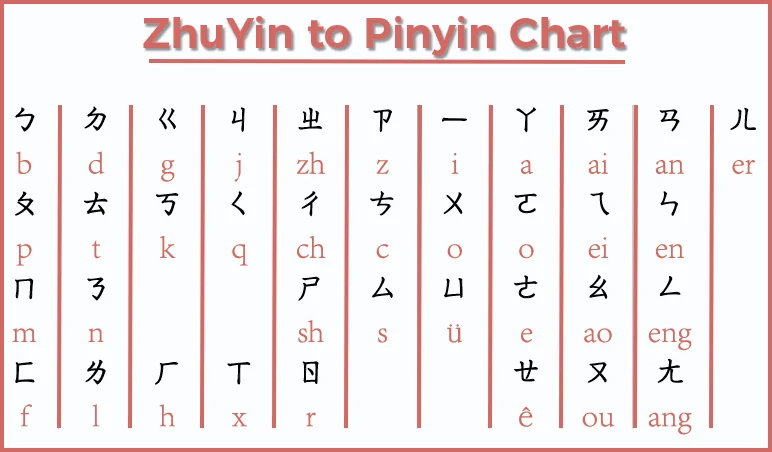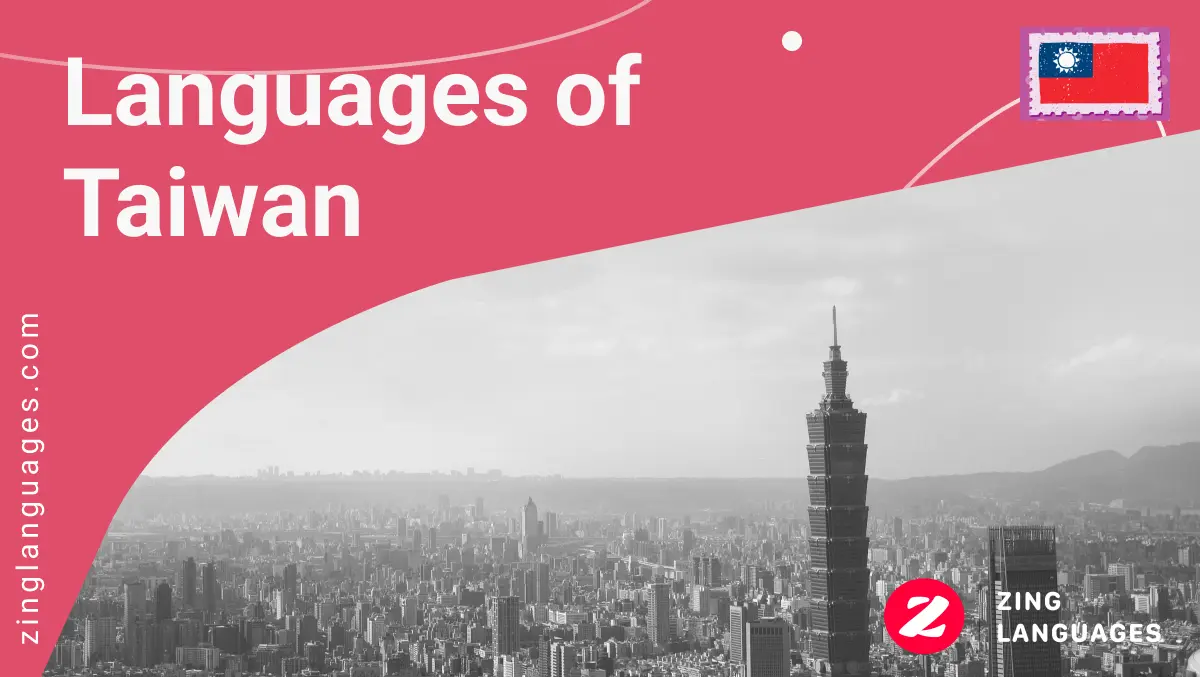Introduction
What Language Do You Speak in Taiwan? an island country situated in East Asia is a position with a rich social legacy and semantic variety. Frequently, explorers and those inquisitive about the district inquire, “What language do you speak in Taiwan?” The response to this question uncovers an entrancing embroidery of dialects impacted by history, culture, and legislative issues.

Official Language: Mandarin Chinese
The authority language of Taiwan is Mandarin Chinese, additionally referred to locally as Guoyu (國語), which means “Public Language.” Mandarin was laid out as the authority language in 1945 after the Republic of China assumed command over Taiwan following The Second Great War. The public authority elevated Mandarin to bind together the island and further develop correspondence among its assorted occupants. Today, Mandarin is the essential language utilized in government, training, media, and business. It is shown in schools, and most Taiwanese are conversant in Mandarin, making it the most widely used language on the island.
Taiwanese Hokkien: The Nearby Flavor
Close by Mandarin, Taiwanese Hokkien (臺灣話) is generally spoken. This language, frequently just alluded to as Taiwanese, is a variation of the Hokkien language. Which begins from the southern piece of Fujian Territory in China. Numerous Taiwanese are of Hoklo plummet, and the language has gone down through the ages. Taiwanese Hokkien is utilized in ordinary discussions, nearby media, and social exercises. It assumes a huge part in the personality and legacy of the island’s populace.
Hakka: The Language of the Hakka Public
One more significant language in Taiwan is Hakka (客家話). The Hakka public, who have exceptional social character, basically live in specific locales of Taiwan, like Hsinchu, Miaoli, and the southern pieces of the island. Hakka is effectively spoken in these networks and is likewise advanced by the public authority through instructive projects and media to save its social importance.

Native Dialects: Protecting Taiwan’s Local Legacy
Taiwan is home to a different scope of native people groups, each with its unmistakable language. There are 16 formally acknowledged native clans in Taiwan, each communicating in its Austronesian language. A portion of these dialects incorporates Amis, Atayal, Paiwan, and Bunun. The public authority of Taiwan has put forth attempts to revive and save these native dialects through instructive drives and social conservation programs. Despite these endeavors, numerous native dialects are imperiled, with the number of familiar speakers declining throughout the long term.
English: The Worldwide Association
English, while not an authority language, is generally shown in schools and is an obligatory subject from rudimentary through secondary school. The Taiwanese government has been elevating English capability to upgrade the island’s worldwide intensity and to work with global correspondence. In metropolitan regions, particularly in Taipei, you will find many individuals who can comprehend and communicate in English. Especially among more youthful ages and in the help business.
Language Strategy and Training
Taiwan’s language strategy is intended to advance multilingualism and save phonetic variety. Mandarin is the mode of guidance in schools, however, Taiwanese Hokkien, Hakka, and native dialects are likewise remembered for the educational plan. The Service of Schooling has carried out projects to guarantee that understudies have the chance to learn and value these dialects, encouraging a multicultural and multilingual society.
Ordinary Correspondence: A Multilingual Encounter
In day-to-day existence, you will frequently hear a blend of dialects. In metropolitan regions, Mandarin prevails, however, it is entirely expected to hear discussions in Taiwanese Hokkien, Hakka, or native dialects, particularly in family settings or neighborhood markets. additional provincial regions and native networks, the neighborhood dialects are more pervasive.

The Job of Media and Amusement
Media and amusement in Taiwan assume a critical part in the advancement and conservation of its semantic variety. Network shows, radio projects, and films are delivered in different dialects, including Mandarin, Taiwanese Hokkien, and Hakka. What Language Do You Speak in Taiwan? Native dialects are likewise included in social projects and narratives, featuring the practices and ways of life of Taiwan’s local clans. This media portrayal guarantees that these dialects stay a noticeable and discernible piece of day-to-day existence. Assisting with cultivating pride and interest in phonetic legacy among the more youthful ages.
Language and Personality
Language in Taiwan is intently attached to social and local character. For some Taiwanese, speaking Hokkien or Hakka is an approach to communicating their legacy and keeping an association with their precursors. Likewise, native individuals view their local dialects as a critical piece of their social character. The utilization of these dialects in services, ceremonies, and day-to-day discussions helps protect customs and support a feeling of the local area. Endeavors to renew and advance these dialects are seen as etymological conservation as well as an approach to protecting social characters against the tensions of modernization and globalization.
Government Drives
The Taiwanese government has executed a few drives to help etymological variety. The Board of Native People groups, for instance, has laid out language protection programs and gives assets to language training and renewal. Also, the Hakka Issues Chamber advances the utilization of Hakka through social celebrations, instructive materials, and media creation. Neighborhood state-run administrations additionally support the education and utilization of Taiwanese Hokkien in schools and public life. These endeavors are important for a more extensive methodology to perceive and commend the multicultural texture of Taiwan.
Difficulties and Open Doors
Despite the endeavors to advance and safeguard Taiwan’s etymological variety, there are huge difficulties. The predominance of Mandarin in schooling and public life implies that more youthful ages might be less capable of their legacy dialects. Furthermore, urbanization and the movement of youngsters to urban communities can prompt the disintegration of language use in the country and native networks. Notwithstanding, there are additionally open doors, especially with the approach of advanced media and innovation. Online stages and virtual entertainment offer new roads for language learning and protection, permitting speakers to interface, share assets, and advance their dialects universally.

The travel industry and Language
The travel industry in Taiwan additionally features the island’s semantic variety. Guests frequently experience various dialects in various areas, adding to the extravagance of their movement experience. Vacationer data is normally accessible in Mandarin, English, and some of the time Japanese and Korean, taking special care of global guests. Drawing in with local people in their local dialects, even at a fundamental level. Can improve social trade and give further bits of knowledge into Taiwan’s different networks. Language visits and social studios offer vacationers the opportunity to find out about and experience Taiwan’s phonetic legacy firsthand.
The Eventual Fate of Dialects in Taiwan
What Language Do You Speak in Taiwan? Looking forward, the eventual fate of Taiwan’s dialects will depend upon proceeding endeavors in schooling. Social advancement, and local area commitment. Schools assume a basic part in this, with bilingual training projects and language-drenching encounters assisting with developing capability and interest in legacy dialects since the beginning. Local area drives, for example, language clubs and far-reaching developments, additionally offer crucial help. By embracing its semantic variety and encouraging a multilingual society. Taiwan can guarantee that its rich embroidery of dialects keeps on flourishing. Enhancing both the neighborhood culture and the worldwide etymological scene.
Conclusion
The inquiry, “What language do you speak in Taiwan?” doesn’t have a basic response. While Mandarin Chinese is the authority and most generally communicated in language. Taiwan’s semantic scene is improved by the presence of Taiwanese Hokkien, Hakka, and different native dialects. This multilingualism mirrors Taiwan’s perplexing history and social variety, making it a one-of-a-kind and intriguing spot to investigate.

Whether you are visiting Taiwan or drawing in with its kin, understanding the semantic variety of the island can upgrade your experience and enthusiasm for its rich social legacy. From the clamoring roads of Taipei to the tranquil native towns. The dialects verbally expressed in Taiwan are a demonstration of the island’s lively and various personalities.
Read More: Virginia Beach Chickens: A Clucking Good Time in Coastal Virginia
FAQs
The authority language of Taiwan is Mandarin Chinese.
Indeed, Taiwanese Hokkien, Hakka, and different native dialects are additionally spoken.
English is shown in schools and spoken by quite a few people, particularly in metropolitan regions and places of interest.
The public authority upholds etymological variety through instructive projects and social drives for Hokkien, Hakka, and native dialects.
Indeed, most vacationer data is accessible in English, and many individuals in the assistance business can convey it in English.











